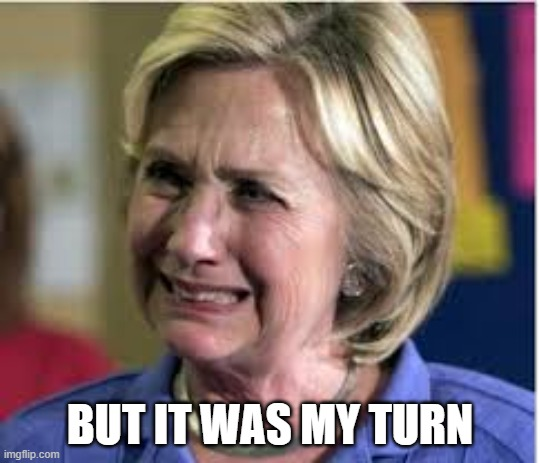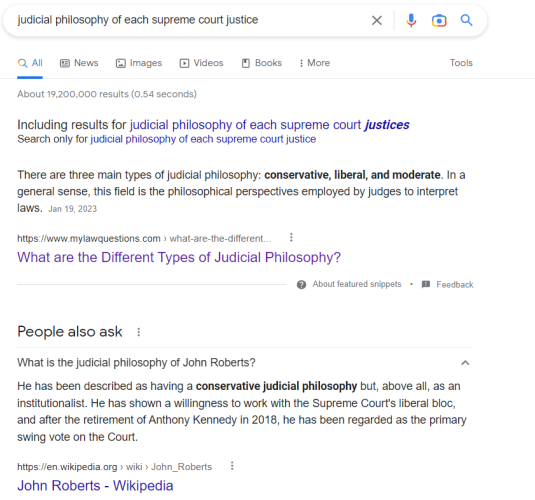noharleyyet
Well-known member
Perhaps the room wasn't read...

When extremely important decisions go 5/4 and that 1 vote difference is entirely a result of politics it's pretty easy to see why people say it's all horse pucky.
Clearly the deciding factor in those moments isn't a well reasoned argument, or a difference in judicial philosophy.
For a lot of folks the ramifications of these decisions go well beyond an interesting thought exercise.









